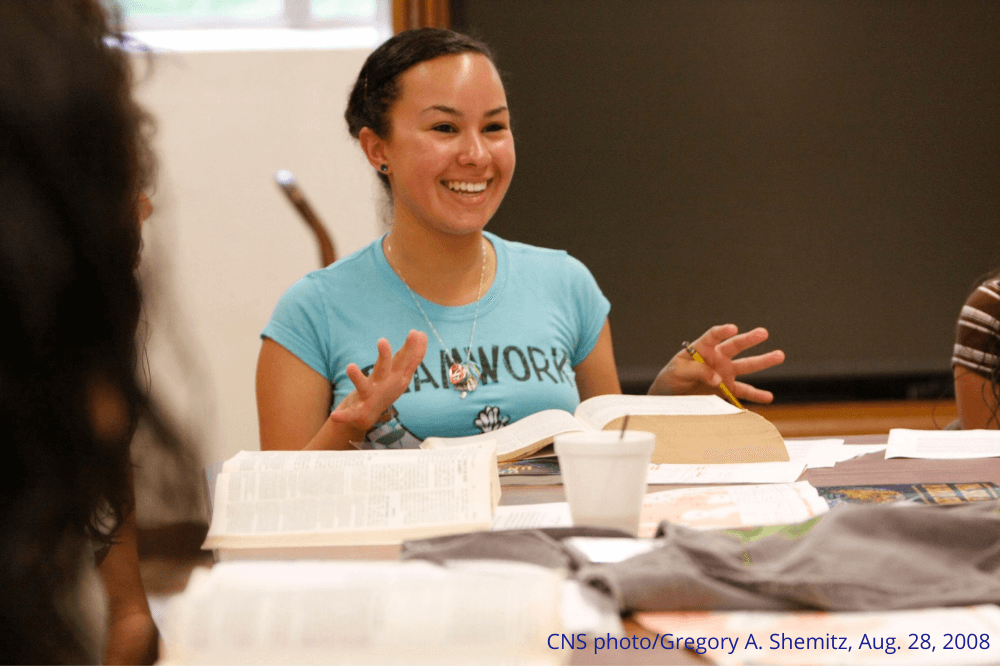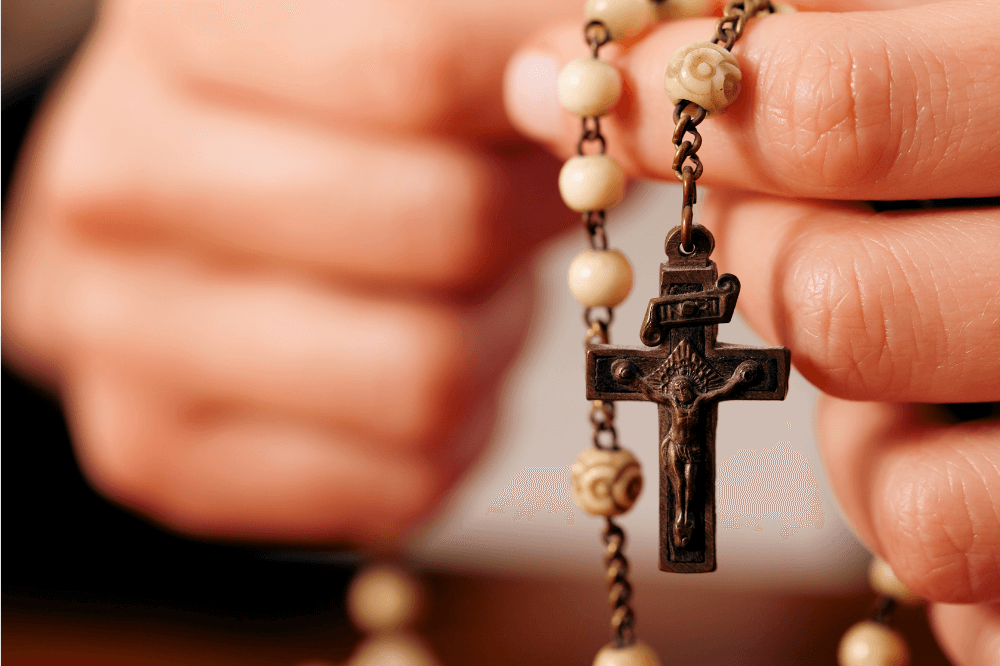
On May 10, Pope Francis signed Antiquum ministerium, an apostolic letter issued motu proprio (meaning “on his own impulse”), which formally establishes the lay ministry of catechist.
May 10 is the feast day of St. John of Avila, a doctor of the Church, renowned as a great catechist.
In our diocese and in many throughout the United States, the motu proprio will not change the church’s current practice. The motu proprio has greater potential impact on the global Church where lay catechists have further responsibilities for the formation of Catholics in areas where a priest cannot always be present.
Catechists and Catechetical Leaders
The apostolic work of the catechist springs from the sacrament of Baptism. It is strengthened by the sacrament of Confirmation. The call to the ministry of catechist is a vocation, an interior call, the voice of the Holy Spirit. Catechists need to be practicing Catholics who participate fully in the communal worship and life of the Church and who have been prepared for their apostolate by appropriate catechetical training. Their commissioning by the Church is a participation in the divine calling to teach as Jesus did. (National Directory of Catechesis, 228-9)
Lay catechists have played an important part in building the Church, beginning in the time of the apostles. The ministry of lay catechists was further recognized during the Second Vatican Council with the publication of Ad Gentes. This important role is further reaffirmed in Antiquum ministerium.
“The role played by catechists is one specific form of service among others within the Christian community. Catechists are called first to be expert in the pastoral service of transmitting the faith as it develops through its different stages from the initial proclamation of the kerygma to the instruction that presents our new life in Christ and prepares for the sacraments of Christian initiation, and then to the ongoing formation that can allow each person to give an accounting of the hope within them (cf. 1 Pet 3:15). At the same time, every catechist must be a witness to the faith, a teacher and mystagogue, a companion and pedagogue, who teaches for the Church. Only through prayer, study, and direct participation in the life of the community can they grow in this identity and the integrity and responsibility that it entails” (cf. Pontifical Council for the Promotion of the New Evangelization, Directory for Catechesis, 113). (Antiquum ministerium, 6)
Read the full apostolic letter (English | Spanish)
Resources:
Office of Faith Formation
Directory for Catechesis
About the photo: A teen smiles as she responds to a question during a New Testament class at St. Luke Church in Brentwood, N.Y. (CNS photo/Gregory A. Shemitz) (Aug. 28, 2008)



